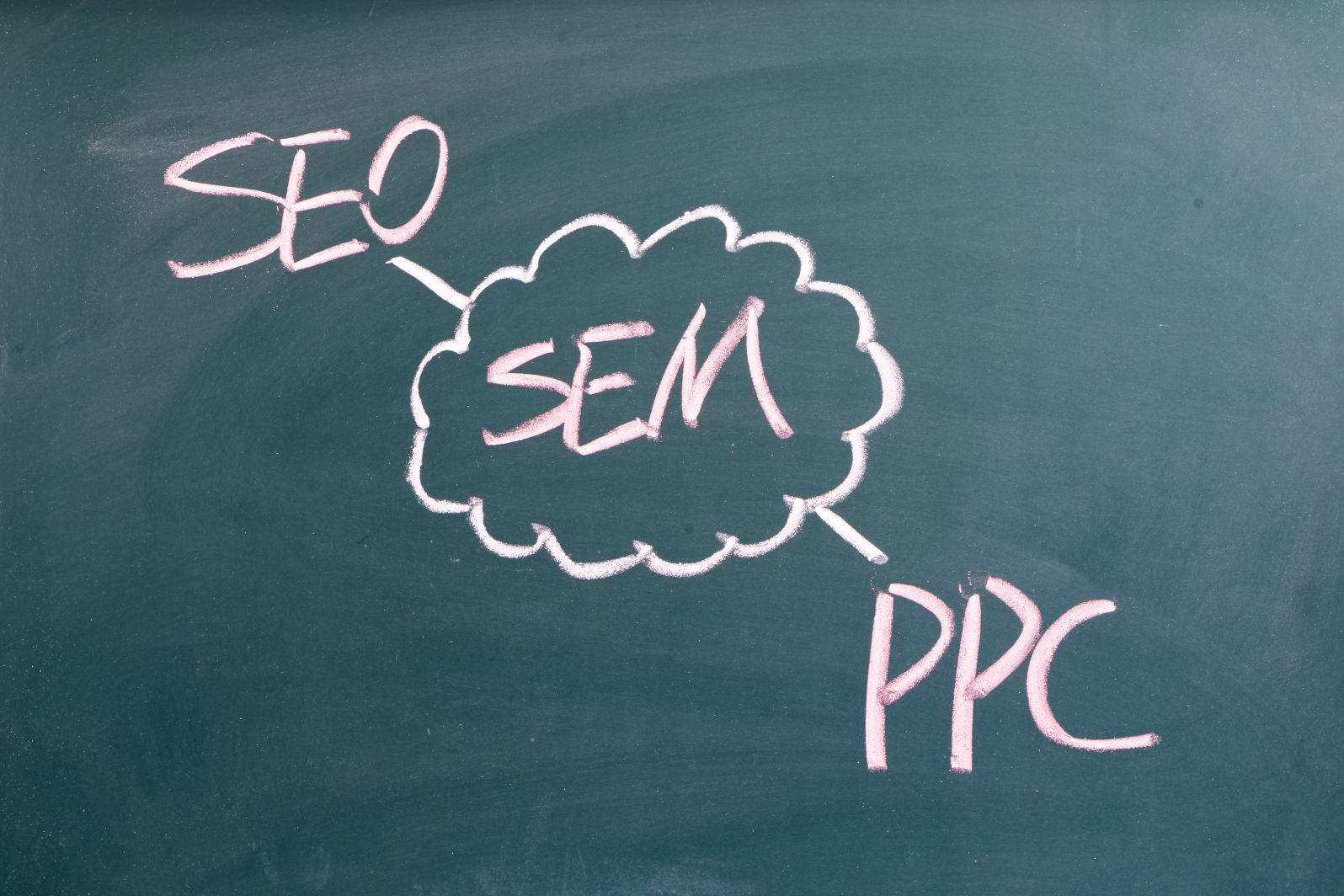70-80% of consumers do online research before visiting a business or purchasing from them online. It’s clear that having an online presence is crucial today. Your website can drive leads to your business and even prevent customers from looking elsewhere for the services you provide.
However, having a website isn’t enough. If you want to benefit from it, you’ll need to establish a digital marketing campaign. These boost traffic to your website and help you get noticed by potential customers.
When it comes to digital marketing, two prominent marketing strategies are often compared: SEO vs PPC. Both search engine optimization (SEO) and pay-per-click (PPC) ads increase visibility and attract traffic. Yet, they differ in approach, cost, and long-term impact.
So, which is right for you? To find out, keep reading! In this post, we’ll explore both of these strategies and consider key differences so you can choose the best one for your business needs.
Table of Contents
SEO and Its Fundamentals
Search engine optimization (SEO) is an organic, non-paid approach to improving a website’s ranking on search engine results. The primary goal is to optimize a site’s content and structure to make it more attractive to search engines.
SEO involves extensive keyword research to identify the most relevant and high-traffic terms related to a business. These keywords are then strategically incorporated into the website’s:
- Meta tags
- Headings
- Content
- URLs
Additionally, SEO focuses on building high-quality backlinks from other reputable websites. This gives the site authority and credibility.
One significant advantage of SEO is its long-term effectiveness. Once a website achieves a high-ranking position, it can continue to generate organic traffic without incurring additional costs. Thus, SEO is a cost-effective solution over time.
Even still, SEO requires consistent effort and time to see tangible results. Moreover, its success can be influenced by ever-changing search engine algorithms.
PPC and Its Mechanism
Pay-per-click (PPC) is a paid advertising model where businesses bid on specific keywords relevant to their products or services. When a user searches for a keyword, the search engine displays relevant ads at the top of the results. Advertisers only pay when users click on their ads, directing them to the landing page.
A PPC campaign allows for precise targeting, reaching potential customers based on:
- Demographics
- Location
- Interests
- Devices
The advertiser can control the budget, daily spending, and ad scheduling. This allows for flexibility in managing advertising expenses.
PPC offers instant visibility and immediate results. This makes it an attractive option for businesses seeking rapid exposure and measurable outcomes.
However, it can be expensive. If not carefully managed, it may not yield a positive return on investment. So, PPC may be best used with the help of a professional who can guide you.
SEO vs PPC: Key Differences
The fundamental difference between SEO and PPC is their cost model and timeframes. SEO is based on organic efforts and takes time to build momentum. Meanwhile, PPC offers immediate visibility but involves ongoing expenses.
Here are some of the key differences between SEO and PPC.
Cost Model
SEO involves initial costs for keyword research, website optimization, and content creation. However, it tends to become cost-effective over time. PPC requires continuous spending, with costs incurred for each click on the ad.
Timeframe
SEO is a long-term strategy. It may take months to see significant results. PPC, on the other hand, provides instant visibility, as ads are displayed as soon as the campaign is launched.
Traffic Quality
SEO generally attracts more organic and credible traffic. The reason is that users trust organic search results more than paid ads. PPC, while delivering quick traffic, may have lower trust levels among users due to its paid nature.
Keyword Targeting
SEO focuses on a wide range of organic keywords and aims to capture traffic for relevant queries. In contrast, PPC allows precise keyword targeting and the ability to bid on specific high-value keywords.
Ad Positioning
SEO aims to rank websites organically in the main search results. PPC ads, however, are displayed at the top of SERPs, above organic results. They are marked as “ad” to distinguish them.
Flexibility
PPC offers more control over ad campaigns. Managers can make quick adjustments to budgets, bids, and targeting. SEO changes, while possible, might take longer to reflect in search rankings.
Selecting the Right Strategy
The choice between SEO and PPC hinges on the specific goals, budget, and timeline of a business.
If immediate visibility and quick results are critical, PPC might be the preferred choice. However, for sustainable, long-term growth and cost-effectiveness, SEO remains a reliable strategy.
Businesses can make an informed decision to maximize their digital marketing efforts by analyzing their:
- Target audience
- Competition
- Available resources
Often, a combination of both can complement each other effectively, with PPC providing immediate visibility while an SEO campaign works in the background to establish a strong organic presence.
PPC and SEO services, such as Lets Digital Marketing, can help you make the right decisions when it comes to your strategy.
Digital Marketing Made Easy
In digital marketing, understanding the distinctions between SEO vs PPC is essential. After reading this post, you have a better understanding of both of these methods. However, more knowledge may be needed if you are to make your website a success.
We recommend seeking the help of a professional digital marketing agency! They can manage your campaign and get the best results with SEO and PPC.
Whether you go the DIY route or hire a professional, we invite you to browse more posts on our website. We have many articles that discuss SEO and guide you through the process, so read them today!


